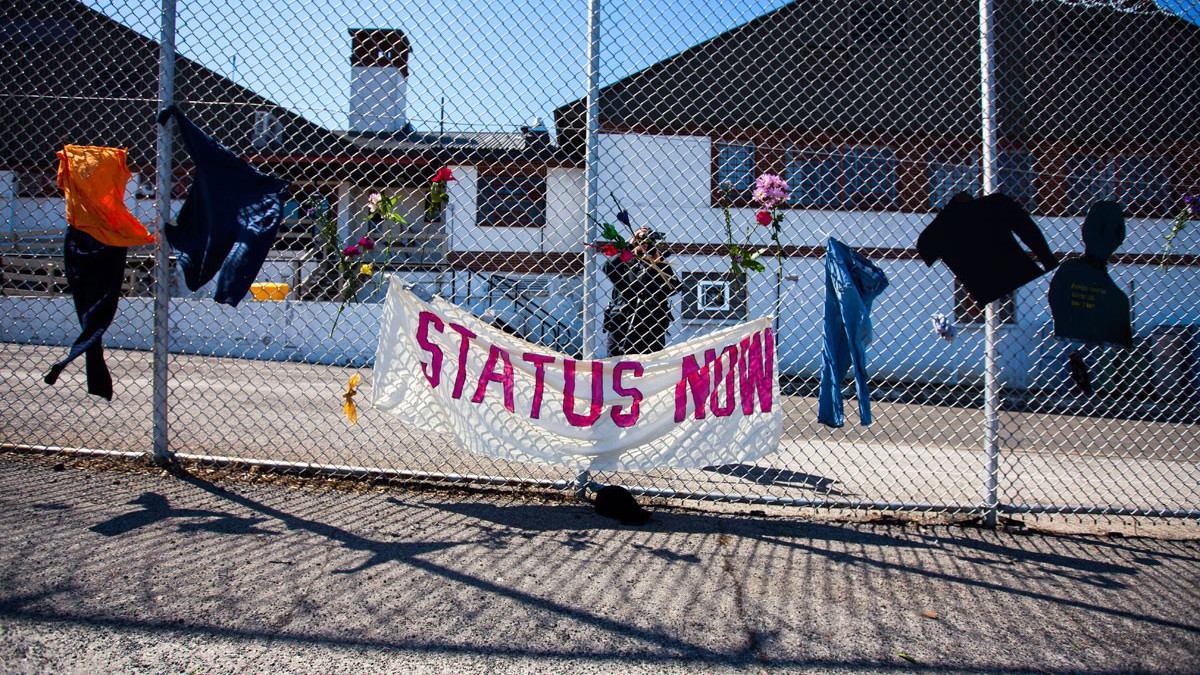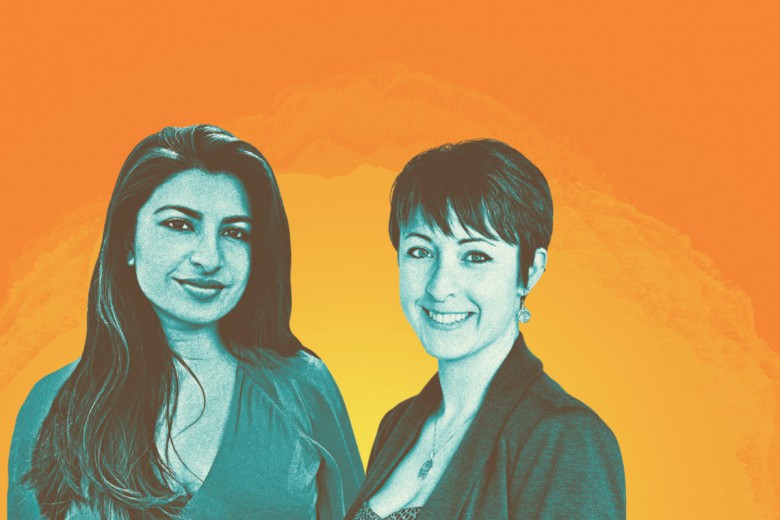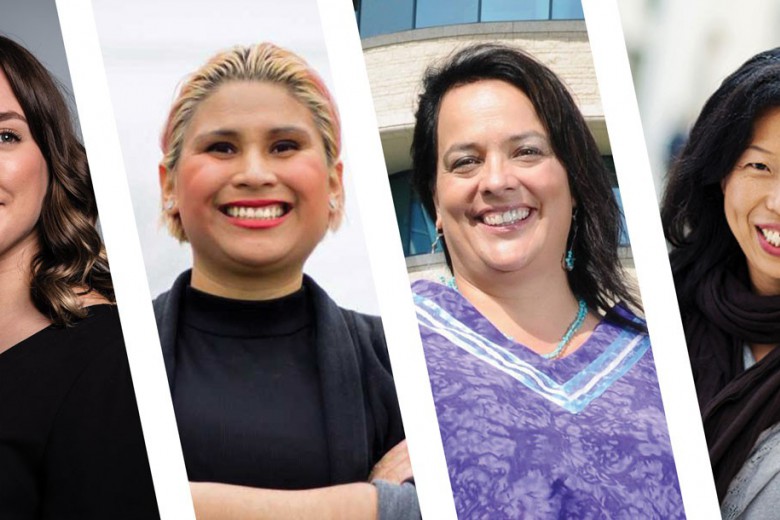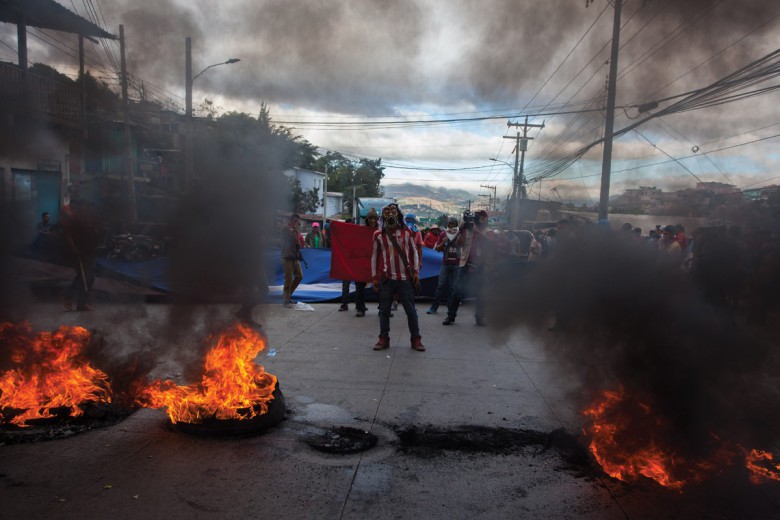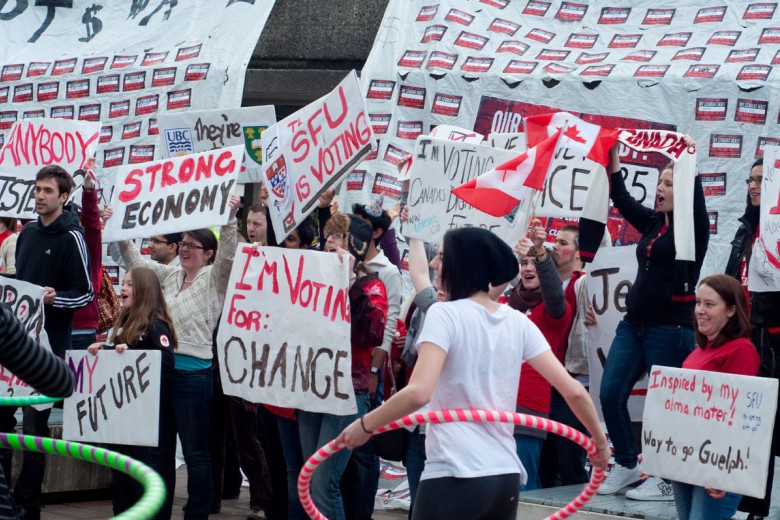In May, Vijay Prashad wrote an article in Jamhoor, responding to the re-election of the right-wing government of Narendra Modi, and reflecting in part on whether the left in India needs to be social democratic – committed to maintaining capitalism, but promoting social justice within it – in order to undergo a revival.
“If you believe in social democratic politics alone,” Prashad writes, “then what happens is you end up basically betraying the workers and peasants who are part of your movement because they are not going to be able to get a better deal unless they struggle, fight and build power. In this sense, acceding too much to the present leads to class collaboration with the elite and therefore to the surrender of the demands, grievances, hopes and aspirations of the working people of our society.”
“At the same time,” he continues, “if you go too far into demanding questions of the future, the party or political organization becomes cut off from the struggles of the present.”
The challenge of the left, Prashad concludes, is to be both present- and future-oriented at once. That’s what I’ve tried to do in this issue of Briarpatch.
In the present in Canada, the looming possibility of an Andrew Scheer-led government is terrifying. And so I devoted space in this issue to hopeful alternatives within electoral politics – something that we don’t do a whole lot in Briarpatch. I did so for the same reason that many of the women activists intervewed in Jill MacIntyre’s piece, “From community organizing to electoral politics,” decided to run for election – I’d much rather spend the next four years yanking a nominally social democractic party to the left, than spend four years defending against Scheer’s attacks on social services and marginalized communities. Even so, it’s an uphill battle to make me (and many leftists) feel optimistic about any of Canada’s political parties. MacIntyre manages it by talking to the people who have historically been excluded from those positions of power – young, racialized women – and are now stepping into the ring.
Election season, above all else, is an opportunity. It’s a time when political parties explain the world to a huge number of people, all of whom are paying attention at the same time.
At the same time, I worry that the NDP, in particular, is actually preventing a more radical political rupture by siphoning leftists’ energy into often-toothless and deeply compromised campaigns. Again and again, the NDP fails to pursue transformative politics – politics that would fundamentally alter our social relations, which is what we need as capitalism pours gasoline on the flames of the climate crisis. Across Europe and North America, politicians from the new left wave have ended up triangulating to the centre after they’re elected. Think Rachel Notley in Alberta, Alexis Tsipras in Greece, and – as José Luis Granados Ceja shows in “AMLO’s contradiction” – Andrés Manuel López Obrador in Mexico.
It’s for this reason that we need our own anti-capitalist social movements to fight for our own demands and defend our own gains. We don’t have to wait four years to win. In fact, we can’t afford to. This issue of Briarpatch contains those stories of struggle, too – like Jon Milton’s cover story on prison abolitionists in Laval working to stop the construction of a new migrant detention centre, or Nabeel Ahmed’s article about the community resistance to Big Tech’s new “smart city” in Toronto.
As David Camfield writes in “Is voting really ‘harm reduction’?” election season, above all else, is an opportunity. It’s a time when political parties explain the world to a huge number of people, all of whom are paying attention at the same time. Right-wing political parties mobilize people’s fear and selfishness, promising safety and prosperity for the few at the expense of the many – and the voter is convinced that they will be one of these lucky few. But whenever we have an opportunity to explain the world to a captive audience, we can do more than just shed light on the way things are – we can also point the way toward a world beyond scarcity and fear. So elections, to me, are a time for articulating our vision for another world, and for making clear how we can get there. As Daniel Karasik puts it in their piece, “Revolutionary dreamwork,” it’s a time to “[seed] left dreams in the soil of culture.”
I believe we have to fight, every day, to reshape the world in a way that’s more just – and we need to both force politicians to do so, and make it happen ourselves.


